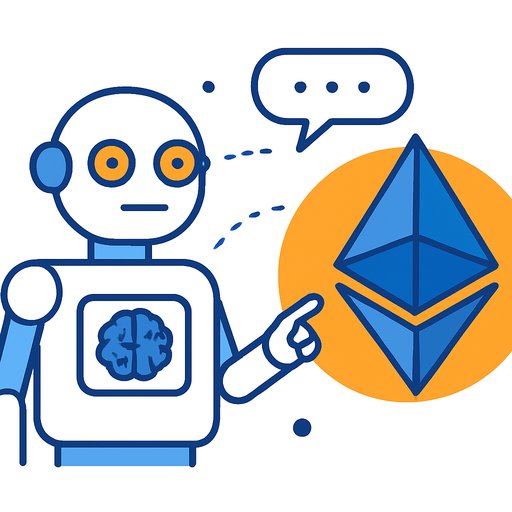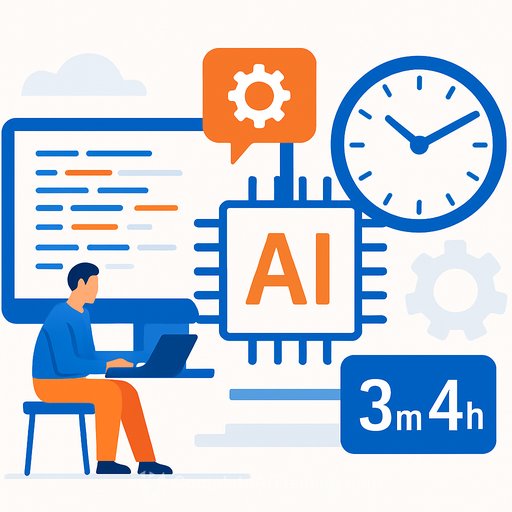SNIA Advances Storage.AI Standards for Efficient AI Data Services
The Storage Networking Industry Association (SNIA) is developing an open standards project focused on efficient data services tailored to AI workloads. This initiative emphasizes industry-standard, vendor-neutral, and non-proprietary solutions to address the growing demands of AI infrastructure.
SNIA operates as a global, not-for-profit consortium of corporations, universities, startups, and individuals. The organization collaborates to create and promote vendor-neutral architectures and international standards covering data storage, transport, optimization, acceleration, format, and protection.
Some of SNIA’s established standards include:
- SMI-S (Storage Management Initiative Specification)
- NVMe Management Interface
- Swordfish scalable storage management API
- CDMI (Cloud Data Management Interface)
Addressing AI’s Unique Data Pipeline Challenges
Dr. J Metz, SNIA Chair, highlights that AI's growing demands require a comprehensive approach to the entire data pipeline—from storage and memory to networking and processing. No single company can tackle these challenges alone. SNIA’s Storage.AI initiative aims to establish a vendor-neutral framework that enables the industry to coordinate a wide array of data services and accelerate AI adoption effectively.
AI workloads today are highly complex and face constraints such as latency, storage space, power and cooling requirements, memory bottlenecks, and cost pressures. SNIA believes that open, industry-wide collaboration is the fastest route to overcoming these hurdles.
Collaborative Ecosystem and Key Participants
The Storage.AI project is building an ecosystem that includes partners like UEC, NVM Express, OCP, OFA, DMTF, and SPEC. Early adopters of the initiative include major players such as AMD, Cisco, DDN, Dell, IBM, Intel, KIOXIA, Microchip, Micron, NetApp, Pure Storage, Samsung, Seagate, Solidigm, and WEKA.
A major challenge in AI data infrastructure is the lack of direct connection between storage systems and GPUs or other accelerators. Storage.AI has identified six core technology areas to address this gap:
- AiSIO – Accelerator-Initiated Storage IO
- CNM – Compute-Near-Memory (e.g., computational storage)
- FDO – Flexible Data Placement
- GDB – GPU Direct Bypass (file/object access over RDMA)
- NVMP – NVM Programming Model
- SDXI – Smart Data Accelerator Interface
These areas will guide the formation of new technical workgroups and complement existing SNIA efforts.
The Nvidia Factor and Industry Standards
While AMD and Intel—two competing GPU suppliers—are part of Storage.AI, Nvidia, a dominant force in GPUs and AI software, has not joined the project. Nvidia’s proprietary GPU Direct protocol enables direct storage drive RDMA access, bypassing CPU and memory bottlenecks typical in AI data access. However, this proprietary nature locks companies into Nvidia’s ecosystem.
Amazon Web Services (AWS) recently launched S3 Express One Zone to speed up small object data access, signifying the industry’s focus on performance optimization.
Storage.AI faces the challenge of convincing Nvidia to support an open standard. Historically, open standards like NVMe and SCSI replaced proprietary protocols by offering interoperability, lower costs, and vendor freedom. AWS’ S3 protocol became a de facto standard due to market dominance despite being proprietary.
Open, vendor-neutral standards tend to accelerate technology development, reduce costs, and prevent vendor lock-in, which could help the AI accelerator market grow more rapidly than relying on proprietary approaches.
Getting Involved
Organizations and companies interested in shaping the future of AI data infrastructure through Storage.AI are encouraged to participate. Contact storage.ai@snia.org for more information.
For IT professionals looking to deepen their AI expertise and keep up with evolving infrastructure standards, exploring specialized AI courses can provide practical insights and skills. Visit Complete AI Training for a range of up-to-date courses.
Your membership also unlocks:





